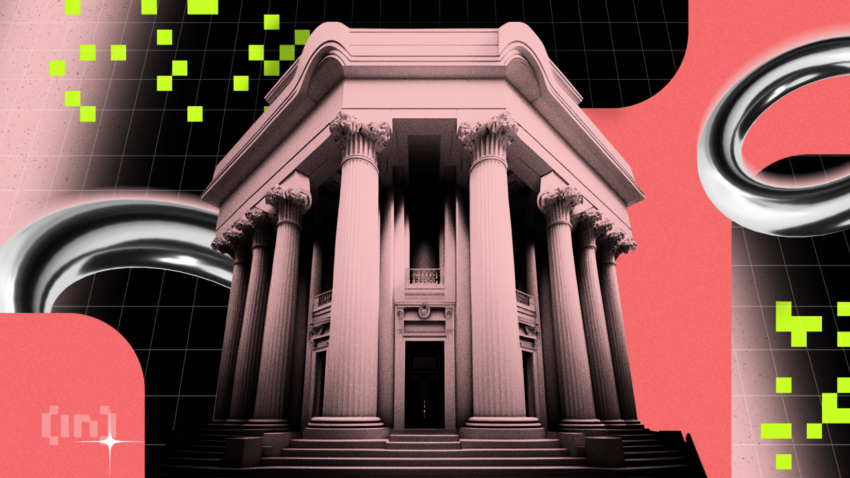Bankrupt crypto lender Genesis Global Capital (GGC) has initiated a lawsuit against its parent company, Digital Currency Group (DCG), for not repaying approximately $630 million in loans.
According to the filing,
“GGC commenced this adversary proceeding pursuant to Rule 7001(1) of the Federal Rules of Bankruptcy Procedure to recover undisputed amounts of digital assets owed to GGC by DCGI in connection with a loan that matured on May 11, 2023.”
Genesis Files Lawsuit Due to Unpaid Matured Loans
According to a recent court filing, Genesis alleges that it has extended multiple loans to DCG, which remain unpaid.
In June 2022, Genesis granted DCG an open-term loan, providing a principal amount of 18,697 Bitcoins (BTC). In November 2022, DCG arranged a fixed-term loan for the remaining balance.
The filing noted,
“On or about November 10, 2022, the remaining BTC outstanding under the DCGI Loan was converted to a fixed-term loan with a maturity date of May 11, 2023.”
Genesis is yet to receive repayment even though the loan has completed its term. “Accordingly, the principal amount under the DCGI Loan is matured and currently payable by DCGI to GGC.”
The late fees were at a rate of 5%, annualized, and computed daily. However, Genesis is pursuing the principal amount, excluding late fees.
To learn more about Decentralized Finance (DeFi) lending platforms, read BeInCrypto’s guide: Top 5 DeFi Lending Platforms
Concerns Raised About Genesis Bankruptcy Plan
This arises amidst the ongoing controversy surrounding Genesis’ roadmap for settling its debts to creditors.
According to an August 30 court filing, crypto exchange Gemini disputed Genesis’ bankruptcy plan proposed by DCG.
Gemini asserted that the plan lacks clarity and important information for creditors to grasp the details.
The filing also stated,
“The Debtors revealed an ‘agreement in principle’ among the Debtors. The Committee, and DCG that is woefully light on specifics and remains subject to definitive documentation.”
The plan details that unsecured creditors may receive between 70% to 90% of their owed amount in USD. For in-kind recoveries, the percentage can range from 65% to 90%, contingent on the asset allocation.
Disclaimer
In adherence to the Trust Project guidelines, BeInCrypto is committed to unbiased, transparent reporting. This news article aims to provide accurate, timely information. However, readers are advised to verify facts independently and consult with a professional before making any decisions based on this content. Please note that our Terms and Conditions, Privacy Policy, and Disclaimers have been updated.

